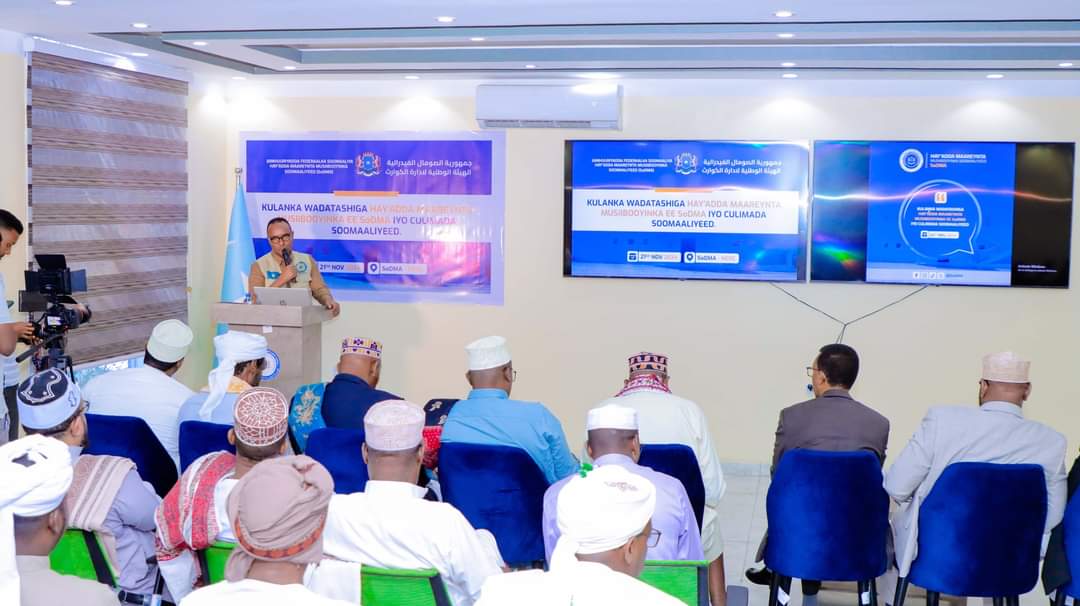YOUR SUPPORT IS VITAL FOR OUR WORK
Prime Minister Abiy Ahmed announced the formation of a negotiation committee and the OLA said there are indications that talks will take place.
Prime Minister Abiy Ahmed told parliament on 28 March that a committee has been formed to negotiate with the Oromo Liberation Army (OLA), a militant group that says it is struggling for greater Oromo autonomy in Ethiopia’s largest region.
Abiy said that the violence has caused “immense suffering” for the public in Western Oromia over the last five years. “Our government is deeply committed to resolving this conflict through peaceful means,” he said.
The OLA said in response that while some of the premier’s comments were misleading there were “positive signs” that internationally mediated peace talks will occur. The indicators are therefore that an Oromia peace process could follow the successful late 2022 efforts to end large-scale fighting in Tigray.
Abiy said the new committee, led by the deputy leader of the ruling party and government, Demeke Mekonnen, has already started talks with the OLA. The group has denied any discussions have occurred.
Mediating Debate
In February, Oromia president Shimelis Abdissa, an Abiy loyalist, called for reconciliation with the OLA, but the latter rejected the call, claiming the issue was beyond the scope of the regional government.
The OLA says it’s willing to negotiate but only if talks are facilitated and mediated by a neutral third party. Secret federal-Tigray talks were initially facilitated by the U.S. last year, and then the African Union led formal negotiations, with Kenyan president Uhuru Kenyatta playing a key role.
While responding to questions from MPs, Abiy reaffirmed the Oromia government’s call for talks with OLA and emphasized that the decision was made by the ruling party’s executive committee.
Abiy repeated his claim that the OLA leadership is disorganized and so has difficulty reaching consensus. He said that attempts to communicate with the OLA leadership over the past two months have been challenging.
Commander-in Chief of OLA, Kumsa Dirriba, known by his nom de guerre Jaal Marroo; social media
Peace Opportunity
OLA said the government is aware that it is led by a High Command, and that government efforts to contact the OLA involved local mediation committees trying to persuade individual OLA officers to surrender, which is similar to the unsuccessful attempt in 2019. It said such actions reduce the prospects for peace and cannot be seen as genuine attempts at negotiations.
In April 2019, the OLA split from the Oromo Liberation Front (OLF) and refused to disarm, citing a lack of trust in the government and a reintegration committee, composed of Oromo elders and prominent opposition figures. The OLA established its own military leadership to pursue Oromo self-determination. The government has since battled the OLA and cracked down on the OLF and its supporters.
Despite the disagreements, the formation of the committee and the OLA’s response are a step towards ending the conflict in Oromia, and maybe even towards achieving lasting peace in Ethiopia.
It is critical that both sides engage in meaningful dialogue to try and agree on a way forward, and the involvement of international mediators appears to be necessary to ensure a fair process.
AS OUR CONTENT IS FREE, HELP US COVER OUR COSTS
Query or correction? Email us
Main Image: Abiy and Shimelis touring wheat farm in the Dugda and Bora woredas of the Oromia region; 28 September 2022; Abiy Ahmed.
![]()
Published under Creative Commons Attribution-NonCommercial 4.0 International licence. You may not use the material for commercial purposes.










